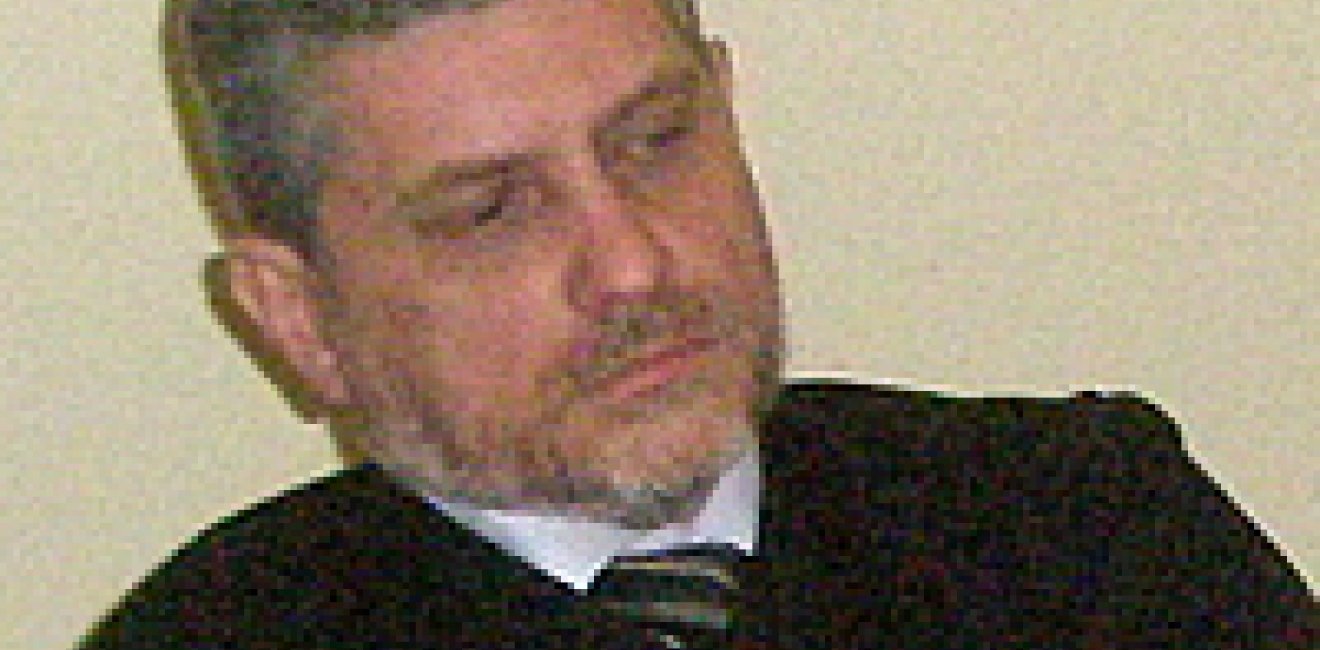Anyone following the current developments can provide an explanation for what has been going on. Some people refer to the geo-strategic battles between East and West; others,to the launching of the 2015 election campaign; some refer to Yanukovych’s pathological hatred of Tymoshenko; and still others claim that another global redistribution of spheres of influence and capital is taking place. All of these opinions are probably valid and each of them makes sense to a certain extent, but only to a certain extent.
We are dealing with the deep systemic crisis that struck Ukraine. Its roots are to be found not in the current situation, but in the roaring 90’s, when attempts were made to build an independent Ukraine on the ruins of the collapsed USSR – new by definition and old in its essence. The communist party nomenclature of the period managed to impose a version of social transformation which allowed for only superficial changes in the state symbols, i.e., the anthem, flag and coat of arms.
The major difficulty lay in the fact that not only was lustration, as a means of removing the leaders of the former totalitarian regime, not carried out, but neither were the very foundations of the soviet economic and social system dismantled. Many reasons can be named, but the fact remains – ever since its independence Ukraine has not changed from being the remnants of the former sovok (derogatory Ukrainian term for the USSR), with pseudo-market modifications which have transformed into some kind of unfathomable mutant.
For some time the Ukrainian economy continued to function due to a certain margin of safety, foreign investments, and a favorable international economic situation. However, with ubiquitous corruption, inefficient management, and a global crisis it finally hit bottom. The same thing had happened to the USSR itself – the vital resources were exhausted and the country collapsed. The model failed within the boundaries of the Soviet Union, so why should it be efficient in one of its parts?
Rejection of Euro-integration as the Means of Conservation
The miracle never came! With all its reformist rhetoric, the Ukrainian post-soviet elite has never done anything for the reforms’ implementation. The Orange Revolution of 2004, which was, in its essence, an attempt to modernize Ukraine, proved incapable of the task. The existing social problems remained unresolved. In this context Yanukoych managed to make use of public expectations to ensure his victory in the presidential elections. However, the attractive slogan “Let’s live better today” was only achieved by him and his “Family.” Social threats, though, force him to constantly seek a way out of the dead-end situation in which Ukraine now finds itself after 20 years of safe-guarding soviet inefficiency!
Global economic crises, despite their painful aftermaths, become a powerful impetus for social transformation and modernization. They push countries towards structural changes which result in the elimination of social ballast, and towards innovative changes which inspire the next stage of progressive development.
Without such changes, society preserves its archaic nature and can exist only on external loans. Reluctant to change anything, but eager to gain the largest profits, Yanukovych decided to play the card of contradictions between Russia and Europe. His entire Euro-integration policy was nothing but an invitation for Russia to yield, so that he could get the funds without changing anything. This would be the Ukraine that authoritarian Russia wants to see!
Current statements by the President of Ukraine, claiming that Europe is not ready to support Ukraine, simply sound like a justification of the inability and un-readiness of the regime to introduce changes which are in order. It is true, Europe is not just giving out money – it is giving it to fund reforms and changes, the introduction of which it will control diligently. But it is these very changes that oligarchic Yanukovych’s regime is so scared of, fully understanding that their implementation will put an end to its further existence.
The fear of losing possession of hiscollossal profits made Yankukovych reject the Euro-integration course. This decision had nothing to do with the “parental” concern about the citizens, and, hence, with the national interests.
A Specter Haunts Ukraine
Ukrainian students, who protested the breakdown in negotiations on the Association Agreement with the European Union, are the driving force of the long-overdue modernization. They promote the interests of a large portion of the Ukrainian public that understands (or intuitively feels) that the agreement with the EU would enable social changes which the political elite (both acting and oppositional) is incapable of addressing on its own.
People went out to join the Euro-Maidan protests after the failure of minor reforms of state policy and its inability to institute clear and predictable “rules of the game”. From this point of view, the movement cannot be regarded as a specifically student initiative – its social background is much broader and, therefore, the pool of participants is broader as well. This is a movement of the Ukrainian middle class which recently became aware of its interests and capable of voicing its goals and role.,
Quite understandably, the students brought up after the soviet system are the readiest of all to liquidate it. It is also understandable why they protest so vehemently against today’s politicians, who still bear a lot of soviet “spots.” Thus, Ukraine demonstrates its desire to break away from the post-communist era, by establishing, among other things, completely new (pro-European in their form and essence) political forces and politicians!
“The third force,” whose specter has been haunting Ukraine for such a long time, is finally in place –Ukrainian youth. It is important for them not to lose their enthusiasm and vigor, nor their sincerity and readiness to sacrifice, not to let themselves be cheated, and, at the end of the day, they need to ensure the entry of Ukraine into the circle of civilized countries without taking the phantoms of the past – the Yanukovychs and Azarovs – with them!




